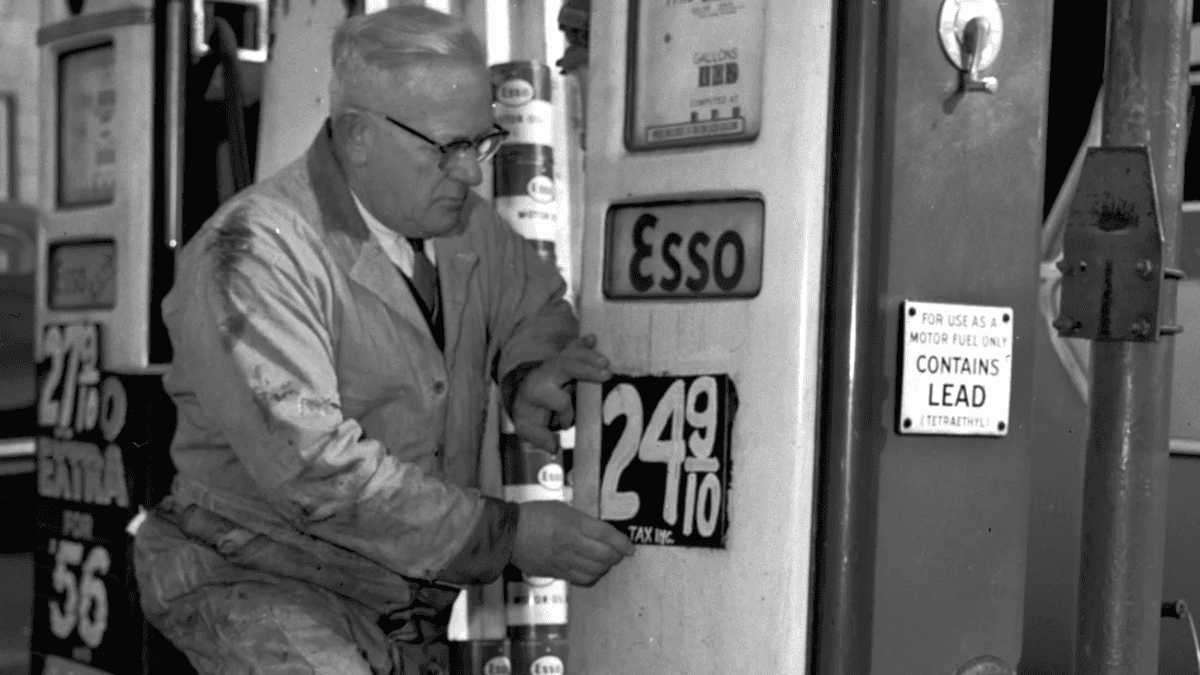To overcome the pandemic-driven economic slowdown, the Union government focused on increasing capital expenditure aimed particularly at creation of high quality physical and social infrastructure facilities, said the Economic Survey 2023-24 tabled by Union Minister of Finance and Corporate Affairs Nirmala Sitharaman in Parliament on Monday.
Keeping the momentum going over the past five years, the survey stated that capital expenditure of the government has seen an almost three-fold increase in FY24, compared to FY20 levels. It added that the major beneficiaries of this step-up are key foundational assets such as roads and railways.
ALSO READ | ‘India Inc Profit Rising, But Salary, Hiring Not Keeping Pace’: Govt’s Message To Companies In Economic Survey
“With increased public investment over the past five years, India has witnessed significant expansion in physical and digital connectivity and social infrastructure, including sanitation and water supply, helping improve quality of life of the people,” it states.
About the road and highways, the Economic Survey observes that strategic planning and step-up in public investment have resulted in the upgradation of the road network system into a resilient and efficient infrastructure.
“The capital investment by the Government and private sector rose from 0.4 per cent in FY15 to about 1.0 per cent of GDP (around Rs 3.01 lakh crore) in FY24. The sector has attracted its highest-ever private investment in FY24 as the private sector capitalises on a conducive policy environment,” mentioned the survey.
Referring to the significant progress in the national highways sector, the survey stated that the development of national highways, over the last ten years, has increased by 1.6 times between 2014 and 2024.
It also stated that the Bharatmala Pariyojana has significantly expanded the national highway network, increasing the length of high-speed corridors by 12 times and four-lane roads by 2.6 times between 2014 and 2024.
Further, the efficiency of highway construction has improved due to the systematic push through the corridor-based National Highway development approach.
“The average pace of NH construction increased by three times from 11.7 km per day in FY14 to 34 km per day by FY24,” it states.
The survey observed that the remarkable improvement of the NH network has brought about substantial advancements in logistics efficiency which is evidenced by the consistently rising India’s ranking in the World Bank’s ‘Logistics Performance Index, from 54 in 2014 and 44 in 2018, to 38 in 2023.
To further enhance logistic efficiency, the Economic Survey mentioned that the Ministry of Road Transport & Highways (MoRTH) has dedicated Multi-Modal Logistics Parks (MMLP).
It stated that a total of six multimodal logistics parks (MMLPs) have been awarded until FY24, and Rs 2,505 crore have been awarded for dedicated multimodal logistics parks (MMLPs) in FY24. Further, it stated, seven MMLPs are planned to be awarded in FY25.
RAILWAY CAPEX UP BY 77% IN FIVE YEARS
According to Economic Survey 2023-24, Indian Railways, with over 68,584 route km, as of March 31, 2024, and 12.54 lakh employees (as of 1st April 2024), is the fourth largest network in the world under single management.
The survey stated that the capital expenditure on Railways has increased by 77 per cent over the past 5 years, Rs 2.62 lakh crore in FY24, with significant investments in the construction of new lines, gauge conversion, and doubling.
It also noted that the Railways has achieved its highest-ever production for both locomotives and wagons in FY24.
“A total of 51 pairs of Vande Bharat have been introduced until March 2024. The fast pace of infrastructure augmentation has been the result of a substantial increase in financial allocation along with close project monitoring and regular follow-up with stakeholders for expeditious land acquisition and clearances,” the Survey observed.
It also mentioned the initiatives undertaken by Railways for providing clean environment in and around railway stations and trains, such as replacement of conventional toilets with bio-toilets on coaches leading to clean tracks, segregation of biodegradable/non-biodegradable waste, solid waste management and discouraging use of single use plastic.
The key focus areas for Railways, according to Economic Survey 2023-24, include fast capacity augmentation, modernisation of rolling stock and maintenance, improving quality of services and energy efficiency.
ALSO READ | Jobs Creation, Agri Push, Skill Development, MSME Support: Govt Unveils Key Policy Focus Areas
In line with this, the survey stated that the investments are prioritised in areas such as dedicated freight corridors, high-speed rail, modern passenger services like Vande Bharat, Amrit Bharat Express, Aastha Special Trains, high-capacity rolling stock and last-mile rail linkages.
Projects for three major corridors – high-traffic density corridors, energy, mineral and cement corridors and rail sagar (port connectivity) corridors — are also planned to reduce logistics cost and carbon footprint, the survey said.
As per the Survey, Railways has also planned to reduce its carbon footprint primarily through sourcing of its energy requirements through renewable energy sources and the expected requirement of installation of renewable capacity by 2029-30 is around 30 GigaWatts. Other strategies mentioned by survey include shifting from diesel to electric traction, promotion of energy efficiency and afforestation.







